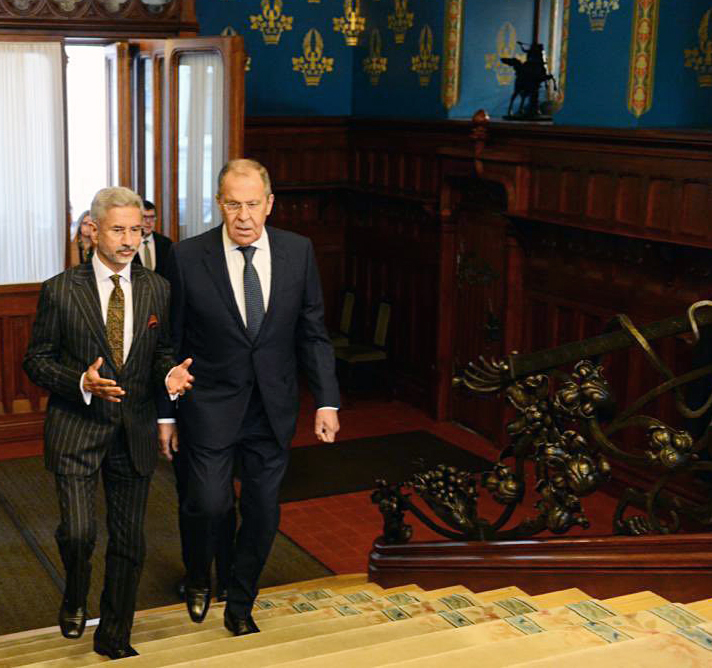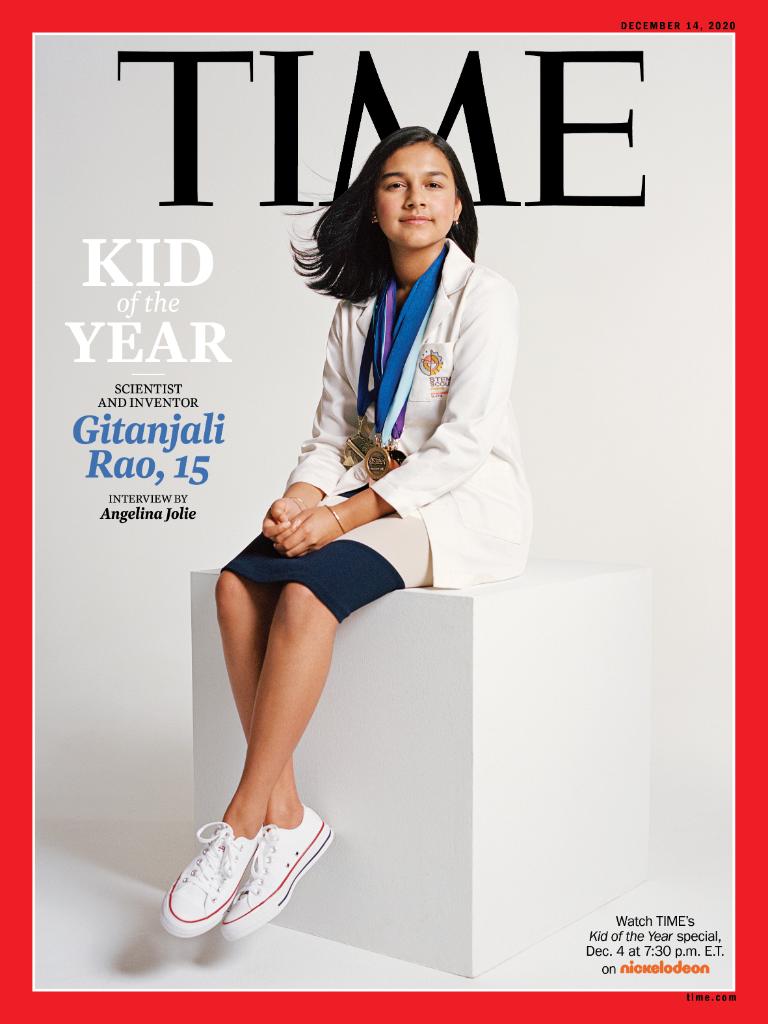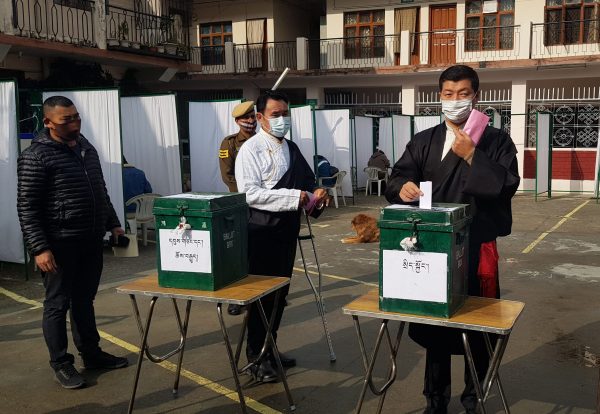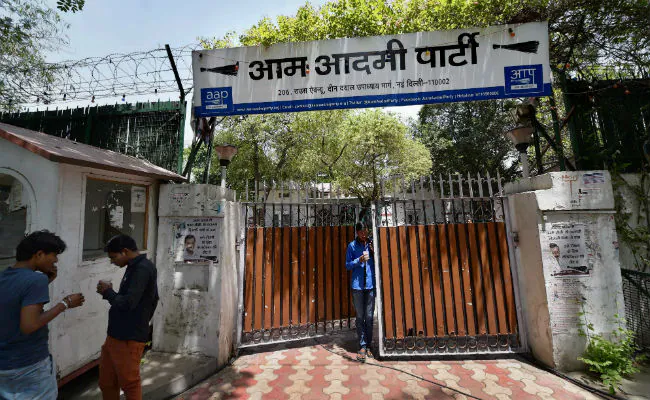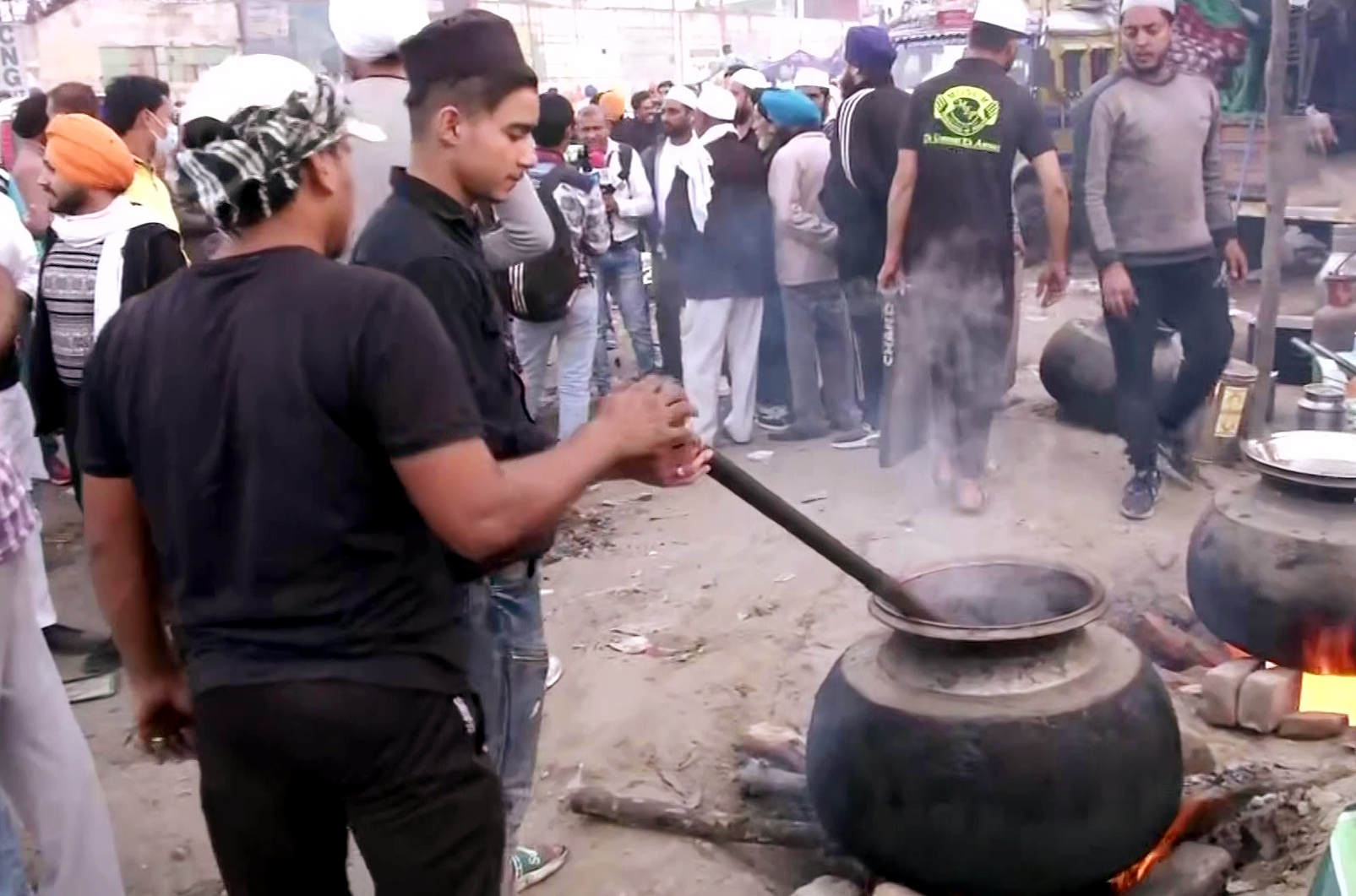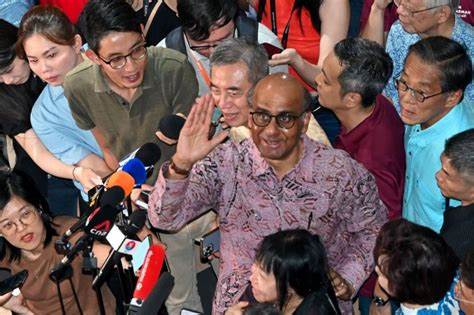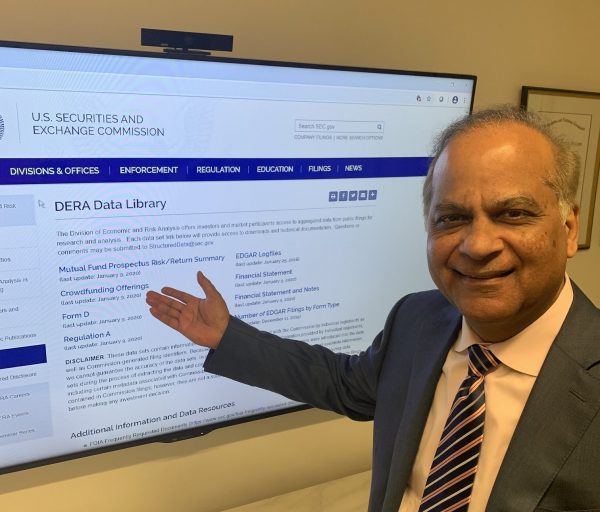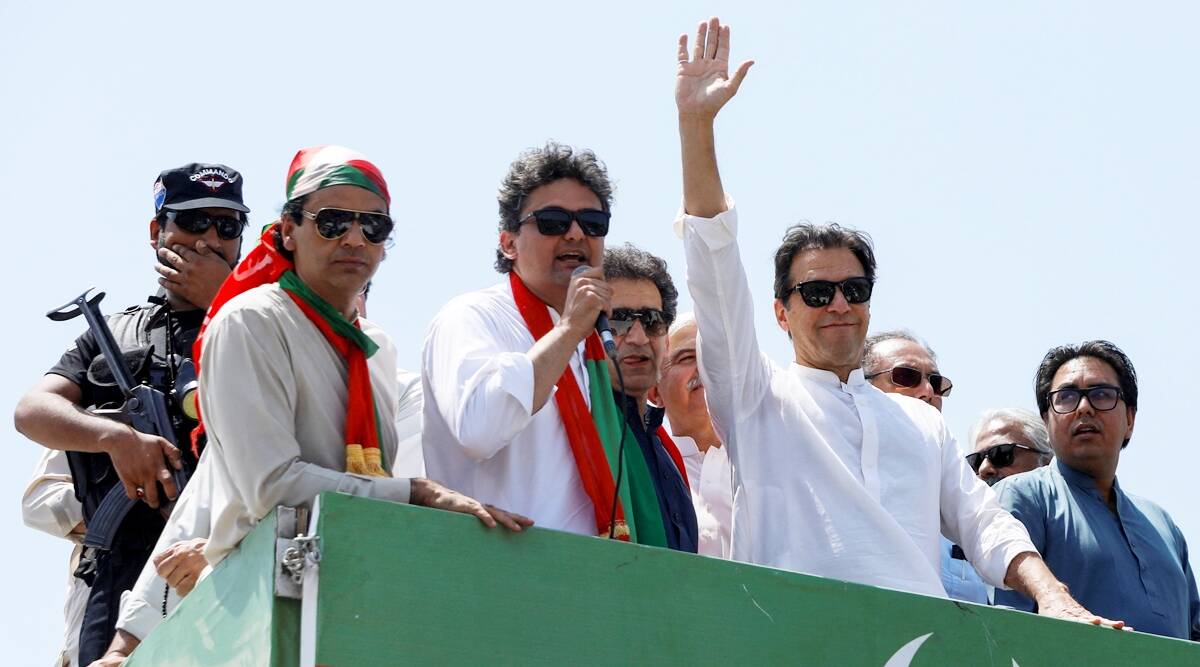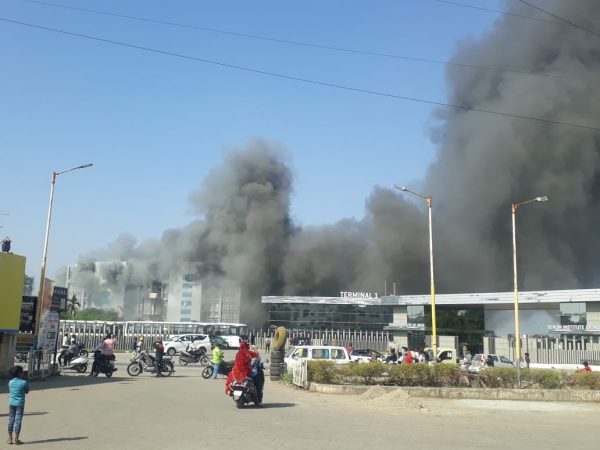India’s External Affairs Minister S Jaishankar goes to Moscow for an important two-day trip and says India and Russia have strong and continuing contacts at various levels. As the two countries eye $30-billion trade, the relationship is moving to next level
Our Bureau
Moscow/New Delhi
In an important pronouncement, India’s External Affairs Minister S Jaishankar said that India and Russia have strong and continuing contacts at various levels.
Jaishankar arrived in Moscow on Monday as a part of his two-day visit to Russia, in continuation of the regular high-level dialogue between the two sides. During his meeting with Russian foreign minister Sergey Lavrov, he reviewed the entire gamut of the India-Russia relationship. Lavrov said he apprised Jaishankar about the course of a “special military operation” in Ukraine, during talks with the Indian counterpart on Tuesday.
Jaishankar and his Russian counterpart Sergey Lavrov on Tuesday held talks in Moscow covering a range of bilateral, regional and global issues of mutual interests. In the opening remarks, Jaishankar said, “As you noted, there have been strong and continuing contacts between our governments at various levels. Prime Minister Modi and President Putin met most recently in Samarkand in September. Our Defense Ministers spoke to each other. My colleague National Security Advisor Ajit Doval was in Moscow in August. Our Minister for Chemicals and Fertilizers was in Russia in June. And at the official level, I think, our colleagues have been in regular touch. And this is all very much in the spirit of our relationship.”
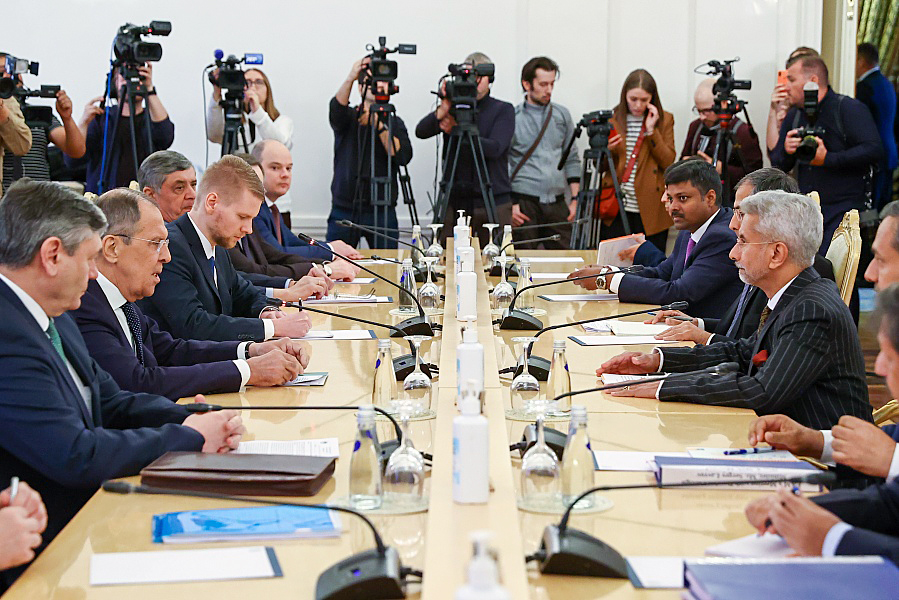
He further said that this is the fifth meeting between both Foreign Ministers which shows their long-term partnership. The minister also said that today’s meeting is devoted to bilateral cooperation; exchanging perspectives on the international situation and also interests. “Where bilateral ties are concerned, you would agree that it is our objective today to fashion a contemporary, balanced, mutually beneficial, sustainable and long-term engagement. Especially as our economic cooperation increases, this is a significant imperative. We would be discussing how our shared goals are best achieved,” he added.
Jaishankar, who arrived in Moscow on Monday, said, “Where the international situation is concerned, the last few years of the Covid pandemic, financial pressures and trade difficulties; these have taken a toll on the global economy. We are now seeing the consequences of the Ukraine conflict on top of that. There are also the more perennial issues of terrorism and climate change, both of which have a disruptive impact on progress and prosperity. Our talks will address the overall global situation and specific regional concerns.”
He also said that India and Russia engage each other in an increasingly multi-polar and re-balanced world. Meanwhile, Lavrov said, “We coordinate our actions in international organizations such as UNSC where India is now a non-permanent member… all this is enriching our agenda and I’m confident that today we’re going to have a good conversation about all this.”
Since the start of the Ukraine conflict earlier this year, India’s bilateral ties with Russia have come under the scanner of the West for a surge in oil imports from sanctions-hit Moscow. The war in Ukraine which has continued for more than eight months has had a significant impact on global food security and has led to a sudden increase in crude prices.
Notably, India has not condemned Russia since the start of the conflict and has maintained its independent position. On several UN forums, New Delhi has consistently called for a cessation of violence and advocated peace and diplomacy.
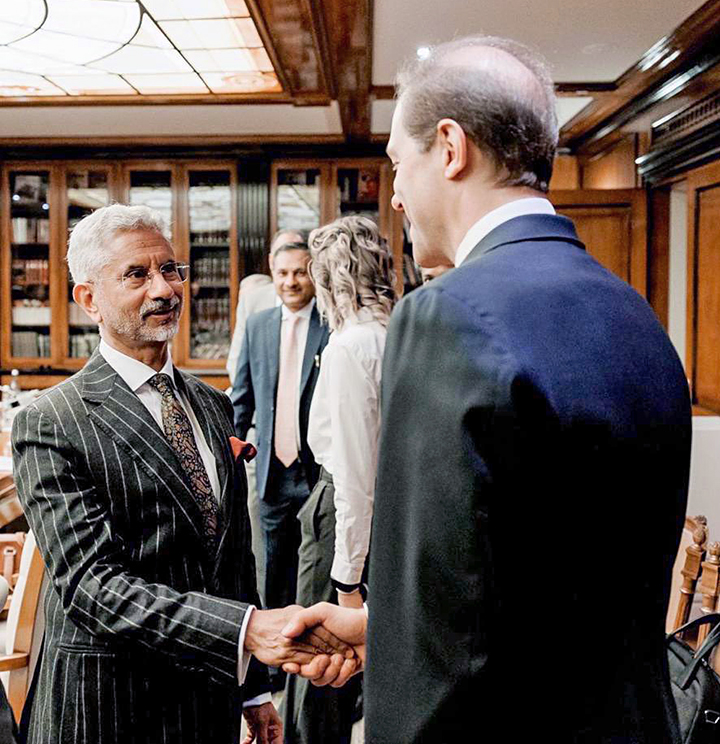
India’s relationship with Russia has worked to its advantage and New Delhi would like to keep that going, S Jaishankar said on Tuesday, as he reaffirmed strong ties with Moscow, describing the country as a steady and time-tested partner.
Jaishankar made these remarks during a joint press conference along with Russian Foreign Minister Sergey Lavrov in Moscow. Answering a question about India’s increasing oil import amid western outcry, he said, “There is stress on the energy market created by a combination of factors. But as the world’s third-largest consumer… a consumer where the level of income is not very high, it is our obligation to ensure that the Indian consumer has the best possible access to the most advantageous terms on the international market.”
“…in that respect, the India-Russia relationship has worked to my advantage. If it works to my advantage, I would like to keep that going,” he added.
But Jaishankar on Tuesday also raised concern about the consequences emanating from the Ukraine conflict that has affected energy and food security around the world. “We are seeing growing concerns on the energy and food security, emanating from the conflict, that are coming on top of severe stresses created by two years of Covid,” he said.
Also, Russian Deputy Prime Minister Denis Manturov held talks with Jaishankar on Tuesday and they noted bilateral trade turnover may reach USD 30 billion by the end of this year.
The talks between Manturov and Jaishankar were held in the format of India-Russia Inter-Governmental Commission on Trade, Economic, Scientific, Technological and Cultural Cooperation (IRIGC-TEC). “A dynamic growth of bilateral trade turnover was noted, which, by the end of this year, may come close to the goal set by the leaders of the two countries – 30 billion USD,” the Russian embassy said in a statement.
Denis Manturov, who is also Russia’s Minister of Industry and Trade, said relations with India can be described as a special privileged strategic partnership and they are of prime importance to Moscow. He added that despite pressure from Western countries, both nations are able to maintain the intensity of bilateral cooperation.
“Despite Western pressure, we have maintained intensive bilateral interaction and are satisfied with the development pace of our political dialogue with India. Our comprehensive and multifaceted ties in trade and investment are developing successfully, and industrial cooperation between our countries is growing in a broad range of areas,” Manturov said.
Lavrov also said that both countries soon reach the target of increasing their trade turnover to USD 30 billion.
“We welcomed the positive dynamics of bilateral trade. By September, trade turnover had increased by more than 130 per cent compared to the same period last year, almost reaching the USD 17 billion mark. We are confident that the goal set by our leaders – to bring trade turnover up to USD 30 billion – will soon be achieved,” Lavrov was quoted as saying by Sputnik during a joint press conference.
It is a sign of both sides welcoming the positive dynamics of bilateral trade. India and Russia are taking their relationship to the next level despite pressure on India from the West which is not working at all
Jaishankar discusses India-US-Israel relations with diaspora groups
External Affairs Minister, S Jaishankar on Wednesday discussed the strengthening of India’s relationship with the US and Israel in a meeting with the delegation of the American Jewish Committee and the Indian diaspora.
“Glad to meet a delegation of the American Jewish Committee and the Indian Diaspora in South Block today morning. Discussed strengthening India’s relationship with the US and Israel. Appreciated their suggestions on promoting community-based activities,” tweeted Jaishankar. American Jewish Committee (AJC) is the leading global Jewish advocacy organization. From city halls to Capitol Hill, at the UN and in world capitals, AJC works to impact policy and opinion on some of the most important issues facing the Jewish people.
The Indian Diaspora has evolved over three phases firstly Indian people were taken by colonial powers to work as plantation workers (like in Sri Lanka, Caribbean islands, Fiji, etc.), secondly, in search of better economic opportunities, many Indians went to countries like the US and many European countries and thirdly to gulf countries as skilled and semi-skilled labourers.
Today, the Indian diaspora is both agent and the instrument of India’s soft power and in developed countries, it acts as an effective player in impacting the dynamics of these countries.
The diaspora’s ability to spread Indian soft power, lobby for India’s national interests, and contribute economically to India’s rise is now well-recognized.
30 years ago, full diplomatic relations were established between India and Israel. Since then, India and Israel have successfully steered the relationship forward.
Under Prime Minister Narendra Modi, India decided to take full ownership of the relationship with Israel. In February 2018, Modi became the first Indian Prime Minister to visit Israel. His itinerary did not include Ramallah (Palestine). The signal was that India had “de-hyphenated” the Israel-Palestine relationship, and would deal with each separately.
India and Israel have a Joint Working Group on Counter-terrorism and the two countries also share real-time intelligence to deal with the menace. The Jewish diaspora in India remains unique because like other communities, it coexisted peacefully in India for hundreds of years but maintained its Jewish identity despite long isolation from other Jewish communities.
















